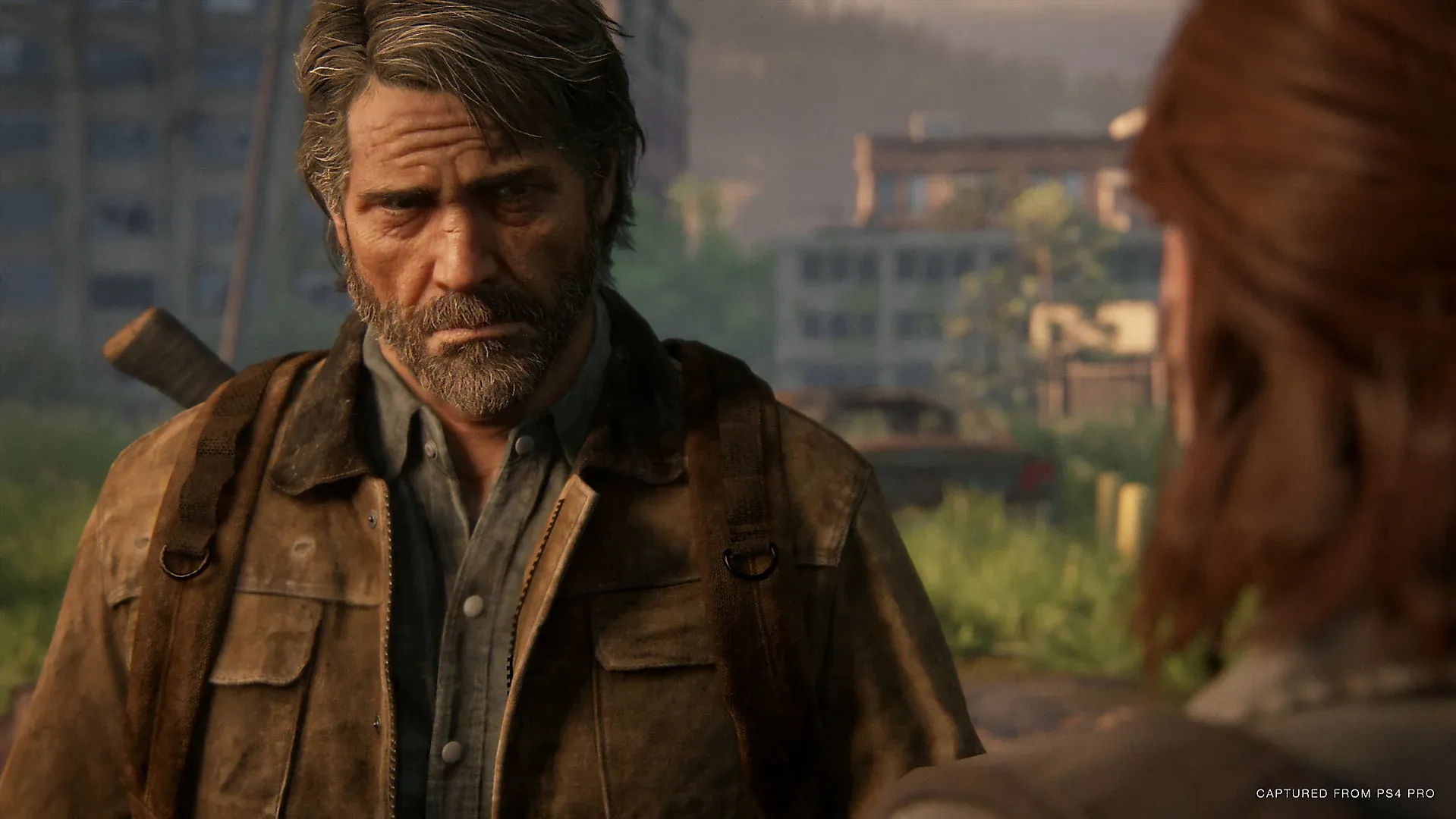The Last Of Us Part II

Here be dragons spoilers! You've been warned!
Seven years ago, The Last Of Us (TLOU) released to basically universal acclaim. It has had a significant impact on the gaming industry and is a genuine milestone in the development of video games as a medium for storytelling.
I wrote about it around 6 years ago, after finally completing the remastered PS4 version. The Last Of Us left a big impression on me. There are other video games that have well told stories, have perhaps even more innovative and unique approaches to telling stories in video games, but as I said in my review TLOU felt special because it is a complete, cohesive package.
It's internally consistent and, I feel, doesn't make big compromises in either gameplay or storytelling. My appreciation for TLOU has grown over time, I deliberately held myself back in my original review of the game of being too complimentary about it.
Why? Because even though I said the reason why the game is so great is because the game is much more than a sum of its parts, I was still hung up on judging individual elements or characteristics of the game in isolation. That's obviously wrong and time and distance helped me get away from that.
TLOU stands up as one of my absolute all time favourite games, it's one of a small handful of games released in the past decade that has stuck with me long after.
Part II
The Last Of Us was a tight, focused and somewhat conservative game. The Last Of Us Part II is not. It's large, it's ambitious, it's complex, it has a lot to say and a massive legacy to live up to.
Part II attempts to deal with some complex themes and emotions, and it does so in some pretty bold ways. Killing off the beloved (player) protagonist (Joel) from the previous game. Embarking on a quest of revenge and watching the effect of grief for Joel on the other (non-player) protagonist (Ellie). Then being forced to play as Joel's killer - to play half the game as the character (Abby) you're so effectively groomed to hate in the prologue.
These perspective tricks have been done countless times before, but where it differs in video games is the player's participation. It hits differently when you're in control, you may not have any choice in how it plays out, but you're more involved than as if you're passively watching a film, a TV show or reading a book.
I think Naughty Dog largely succeeded here. But, I'm not going to try and break it down to analyse how and why.
Actually, that's a lie - I did try - I just kept going around in circles and couldn't articulate what I wanted to say. Then whilst trying to write this section, I saw the ever brilliant Girlfriend reviews take on the game. It says what I want to say about the story (and so much more) so perfectly, that I'll just embed the video here and let that video do the talking.
To pick a few quotes from this to entice you to watch:
This is a historic moment in video games. It is the moment when a developer presented their audience with a challenge that could not be overcome with a controller.
On being forced to play as a character framed as an irredeemable villain:
Questioning who you are and what you believe has been a central theme the whole game. Almost every major character you've met has been trying to figure it out for themselves, and now you know how it feels. Only interactive media can even attempt to create an ego death quite like this.
If you reached the credits and wished you could have killed Abby, even after walking a mile in her shoes, then you may have beat the game you were playing with your controller, but you may have lost the game Naughty Dog was playing with your soul.
I really love the take on the controversy around this game:
And isn't it fascinating, that a cautionary tale about the damage grief can cause to ourselves and to others has resulted in months of confusion, anger, vitriol, bigotry and threats of violence ever since Joel's death was leaked online?
It's a thoughtful review on the story of the game, really, watch it.
Where I'll pick up again is how I think stories like this in video games can be so impactful in ways non-interactive media can't. This is a dark, depressing game that is full of cruelty, extreme violence and endless suffering. It is often a tense and draining experience, you need to take breaks.
This isn't just down to the story told through cutscenes or in-gameplay dialogue. It's how playing the game itself makes you feel. Your character is vulnerable, you're (mostly) not a super human that easily overpowers enemies. You have to carefully approach encounters, you have to plan and manage your resources to ensure your survival. Things often go wrong and you have to improvise or die, quickly.
As with TLOU, from a gameplay perspective isn't a new experience for video games. It's full of very common, well established game design ideas to evoke these feelings before. But what makes The Last Of Us and The Last Of Us Part II different is that it deals with the struggle video games face in tackling complex and emotionally charged themes. These games take the player on a journey where they not only witness the characters' struggles but also actively participate in them.
I'll never fully understand the very visceral reaction many had to The Last of Us Part II - people expressing very strong negative emotions to be 'forced' to play through a certain perspective - but despite all the 'controversy' and debate, I believe Naughty Dog succeeded here. They did something fairly brave and I think it paid off.
Member discussion